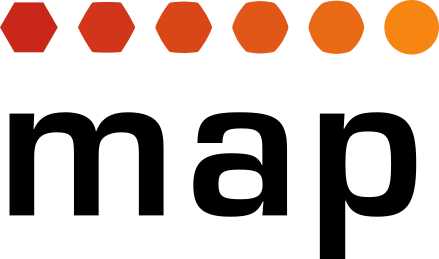Collaborative Research Center CRC 1411 will be funded for another 4 years
The German Research Foundation just announced that CRC1411 will receive funding for a second research period until 2028. The long-term vision of CRC1411 is to develop particle systems with controlled size, shape and composition. The innovative approach in CRC1411 is is that these materials are first developed and optimized for specific product properties in computer models. In the second step, the computer then predicts optimal synthesis conditions that lead to particles with these desired properties. This approach reverses typical manufacturing processes and promises fast and resource-efficient access to functional particle-based materials with optimal characteristics.
CRC 1411 focuses on the fascinating optical properties of nanoscopic materials. These are not only governed by the material itself, but can be controlled simply by changing the size and shape of the particles. The relevance of such optical effects has been underlined by the Nobel Price in Chemistry 2023, which was awarded for the understanding and controlled synthesis of semiconductor nanoparticles, so called quantum dots. Besides such quantum dots and metal nanoparticles, research in CRC1411 involves defined assemblies of particles with structural color that mimics the flamboyant colors found in the natural world. Controlling optical properties at the nanoscale find applications in everyday life, for example in light-absorbing sunscreen or in televisions based on quantum dots, but are also used in future technologies in the fields of energy, biomedicine, and photonics.
Many of the scientists involved in CRC1411 actively contribute to the MAP program, so that MAP students can actively contribute to these cutting edge research activities via lectures, literature reviews, miniprojects and Master’s theses. An equal opportunity fellowship provided by CRC1411 has been established to support high potential female applicants for the international master programmes and provides an opportunity for future MAP students.

